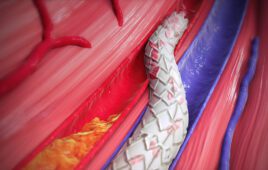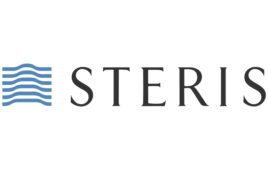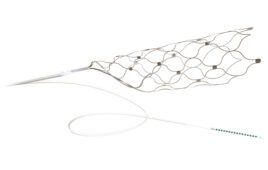Debra Grodt/Director of Regulatory Affairs/Medical Device and Diagnostics Novella Clinical
What is a regulatory assessment?
A regulatory assessment is a comprehensive review of Food & Drug Administration (FDA) regulations and similarly marketed devices to establish a framework to design a safe and effective product. Assessments include: 1) a detailed rationale for product classification; 2) applicable regulatory agency consensus standards and guidance documents; 3) laboratory and preclinical testing requirements; 4) clinical study requirements; and 5) submission format, elements and recommended timing. A list of Design History File documents to support FDA-mandated Design Control (21 CFR Part 820.30) should also be included.
What is an Investigational Device Exemption (IDE)?
An Investigational Device Exemption (IDE) allows unapproved devices to be used in a clinical study to collect safety and effectiveness data required to support a Premarket Approval (PMA) or 510(k) application.
What are feasibility clinical studies?
A medical device feasibility study or pilot clinical study is used to validate device design and clinical study design by the intended users. These proof-of-concept studies are generally small, usually between 20 and 60 patients. They should be done in a staged process, measuring training effectiveness, device issues and ease-of-use (human factors and ergonomic testing) before enrolling subjects to define preliminary safety and effectiveness. Data from these pilot studies can help companies modify devices, labeling and training methods to develop better products, as well as to better define endpoints, follow-up requirements and patient populations for subsequent clinical studies.
What are pivotal clinical trials?
Pivotal clinical trials are the equivalent of Phase III drug clinical studies and are intended to collect safety and effectiveness data required to gain regulatory and market approvals. These clinical studies require a significant number of patients to provide adequate statistical power and the design is generally randomized against another device for the same intended use, or against standard-of-care. In addition to meeting FDA requirements, results from these studies can help support public and private coverage determinations for device reimbursement.
What are post-market studies?
Post-market studies may be required by the FDA or may be conducted voluntarily by the manufacturer to collect real-world, long-term performance data. Post-approval studies and post-market surveillance studies are studies mandated by the FDA for novel and/or high-risk devices to define long-term safety and effectiveness. Beyond what is required by the FDA, device manufacturers may choose to conduct post-market studies for the purposes of data collection to bolster market adoption, labeling claims or reimbursement.
What are Class I, II & III devices?
FDA classifies devices by risk, which governs the design verification, validation and clinical testing required, and therefore, how long it takes to get a device cleared for market.
- Class I are low-risk, e.g. surgical instruments, gloves and visual acuity charts.
- Class II are moderate-risk, e.g. contact lenses, urologic catheters, vascular clamps and blood pressure cuffs.
- Class III are high-risk devices that support or sustain human life or pose higher risk of illness or injury, e.g. vascular grafts, coronary stents, implantable pacemakers and artificial hearts.
What is an FDA pre-submission?
This voluntary program allows sponsors to obtain FDA feedback to help guide product development and/or application preparation prior to submitting a formal IDE, PMA or 510(k) application.
What is a 510(k) application?
A 510(k) is a premarket submission made to the FDA to demonstrate a device is safe and effective and similar in intended use, materials, components, operating principles and method of use (i.e. substantially equivalent) to a legally marketed device. The FDA’s review of the 510(k) application and notification of clearance is required before placing a moderate risk device on the market.
What is a premarket approval (PMA) submission?
A PMA submission initiates the FDA’s scientific and regulatory review process to evaluate the safety and effectiveness of Class III medical devices. The PMA must be approved prior to marketing the device. FDA generally requires the manufacturer of a first-of-a-kind device to pass an on-site quality audit and attend an Advisory Committee meeting prior to issuing an approvable letter.
What is the de novo pathway?
New devices, regardless of risk, that are not substantially equivalent to an existing cleared device are automatically classified as Class III by the FDA. The de novo or Automatic Class III Designation process allows manufacturers to petition the FDA to reclassify a device as a Class I or II. Submitters will provide justification on why the device should not be considered Class III, highlighting the risks and benefits of the device.




